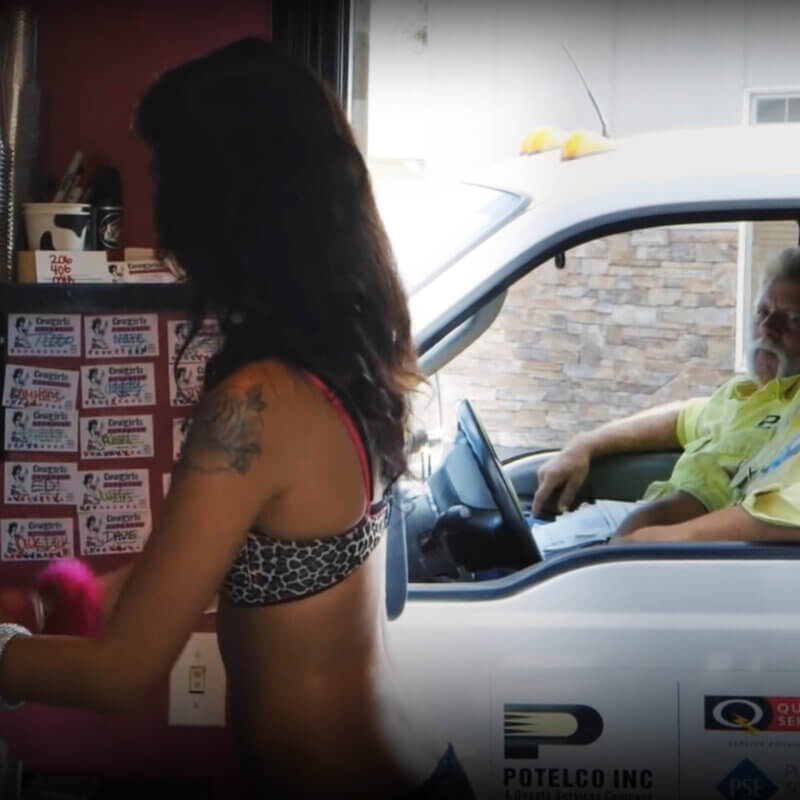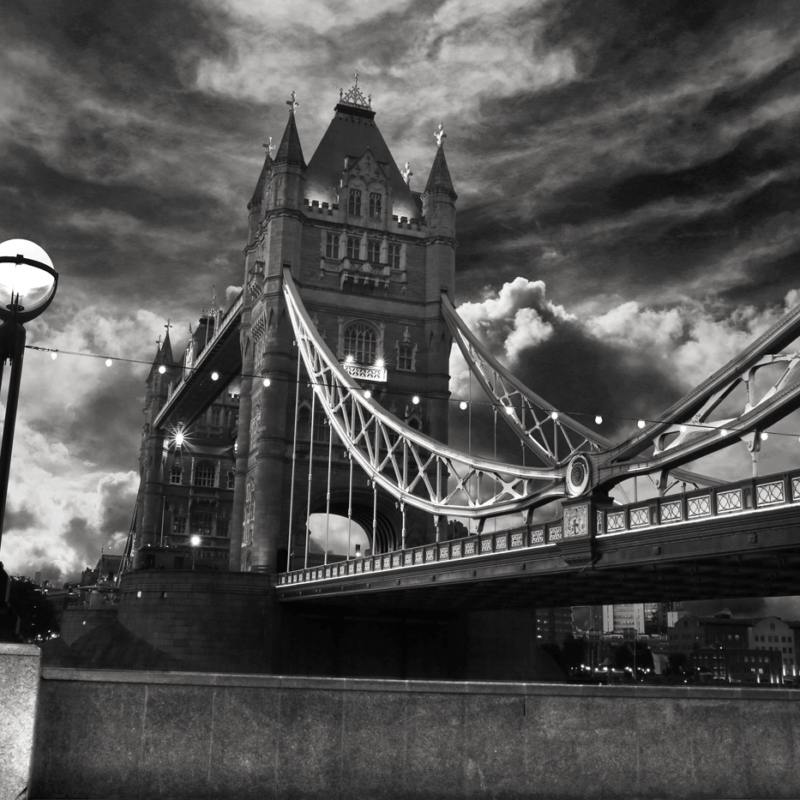Spoiler Alert: The following Q&A will reveal certain elements of the film Liberated: The New Sexual Revolution.
What inspired you to make this film?
During the course of making our previous film, Nefarious: Merchant of Souls, we were exposed to women and children for sale in places all over the world. But it was the image of men lining up to purchase these women and children that haunted me more than anything.
The dominating question that I had moving on from Nefarious was “what kind of society is producing so many men willing to buy a woman or child for sex?” That question catapulted us into production on Liberated.
We decided to turn our cameras toward the culture to examine what it means to be a man, what it means to be a woman, and what it means to be a sexual being in today’s world.
Can you describe the journey of making Liberated?
We originally anticipated doing a film on the larger sexual culture here in America, so we filmed at sexually oriented businesses, we filmed in the porn industry, we filmed interviews with sociologists, media experts, sex buyers, and we went down to spring break to film. We envisioned a short scene at spring break that would capture young adult attitudes about sex.
However, on the last day of our trip down there we were exposed to a situation where girls were being sexually violated. This provoked us to go back again the following year to investigate further. We discovered that sexual violation was the common experience for women going to spring break. At that point we decided to pivot and follow that story.
The recent #MeToo and #TimesUp movements are raising mass awareness about the widespread sexual harassment and assault women experience. How does this film tie in with that movement?
Through our interactions with college students we were given a front row seat to the attitudes and behaviors that are currently on display in hookup culture, and how those attitudes and behaviors have been significantly shaped through exposure to mass media. We were able to see the correlation between the stories we tell in pop culture and how those stories shape our conceptions of gender and sexuality.
A theme that emerged during our filming was men’s entitlement to women’s bodies. As a society we tolerate that in all kinds of contexts. Liberated draws attention to the connection between pop culture, hookup culture, and the normalization of sexual violation.
The #MeToo and #TimesUp movements have brought us to a cultural tipping point, which makes the Liberated release exceptionally relevant.
Nefarious took us on a journey that ended with profound stories of redemption. Can audiences expect the same in Liberated?
In documentary filmmaking we’re limited to the story that we capture, which is much different than the narrative genre of filmmaking. We’re not writing scripts and hiring actors, so in that sense we’re restricted. Alfred Hitchcock famously said “In narrative films the director is God, but in documentary films God is the director.”
My commitment is to follow the story wherever it takes us. With Nefarious we followed the story of sex trafficking victims. Many of them experienced powerful life changing encounters with God. That was a part of their story that we were excited to tell and it has brought hope and inspiration to thousands of people around the world. I still receive testimonies from people all the time telling me how their life was changed watching Nefarious. That is obviously deeply humbling and encouraging.
Filming a story about hookup culture did not take us to that same point. Ultimately, Liberated causes us to ask more questions than it attempts to answer. It leaves us with a lot of unresolved tension and challenges us to find solutions. I see it as the beginning of a conversation, not the ending of one.
Who is the target audience for Liberated?
Young adults. Coming of age in today’s world presents some very real and unique challenges. There are so many messages telling us what it means to be a man, what it means to be a woman, and what it means to be a sexual being. It’s critical that we develop a media literacy in order to navigate this landscape. Liberated provides us with a critical framework of understanding to help filter those messages.
In focus groups, college students told us that they found the film to be empowering. I believe Liberated can help empower people to reclaim their identity and sexuality from our toxic culture.
Is there anyone you think should not watch this film?
I think everyone has to be responsible for their media intake and use discernment about the type of media they consume. Liberated is hard-hitting, raw, and sobering. The film takes place in a highly charged sexual atmosphere and there are instances of actual sexual violation that take place.
I think the film could be triggering to people who have not had much exposure to media or to people who have experienced sexual assault. The film comes with a strong disclaimer. It’s definitely not for everyone.
What impact do you hope Liberated will have?
We hope Liberated will help further the conversation about gender and sexuality, and about hookup culture and rape culture. We hope that it will inspire a new way of being in the world: one governed by love and empathy, not dominated by lust and entitlement.
Esteemed playwright Berthold Brecht once said “Art is not a mirror held up to reality, but a hammer with which to shape it.”
Where can people watch Liberated?
It will be available on Netflix beginning February 1! We’re also doing a Liberated World Tour on university campuses across the US, UK, Australia, and New Zealand. Each of these screenings will be followed by a discussion panel with myself and others sharing about the message of the film. You can learn more at magiclanternpictures.org in the near future.
What is Magic Lantern Pictures?
Magic Lantern Pictures is Exodus Cry’s new film studio, through which all our future films will be released. We create unflinching films that take you to the front lines of current social issues. We have several more films in various stages of production.
Watch the trailer for Liberated here. Viewer discretion is advised.





